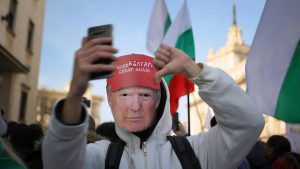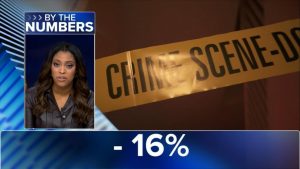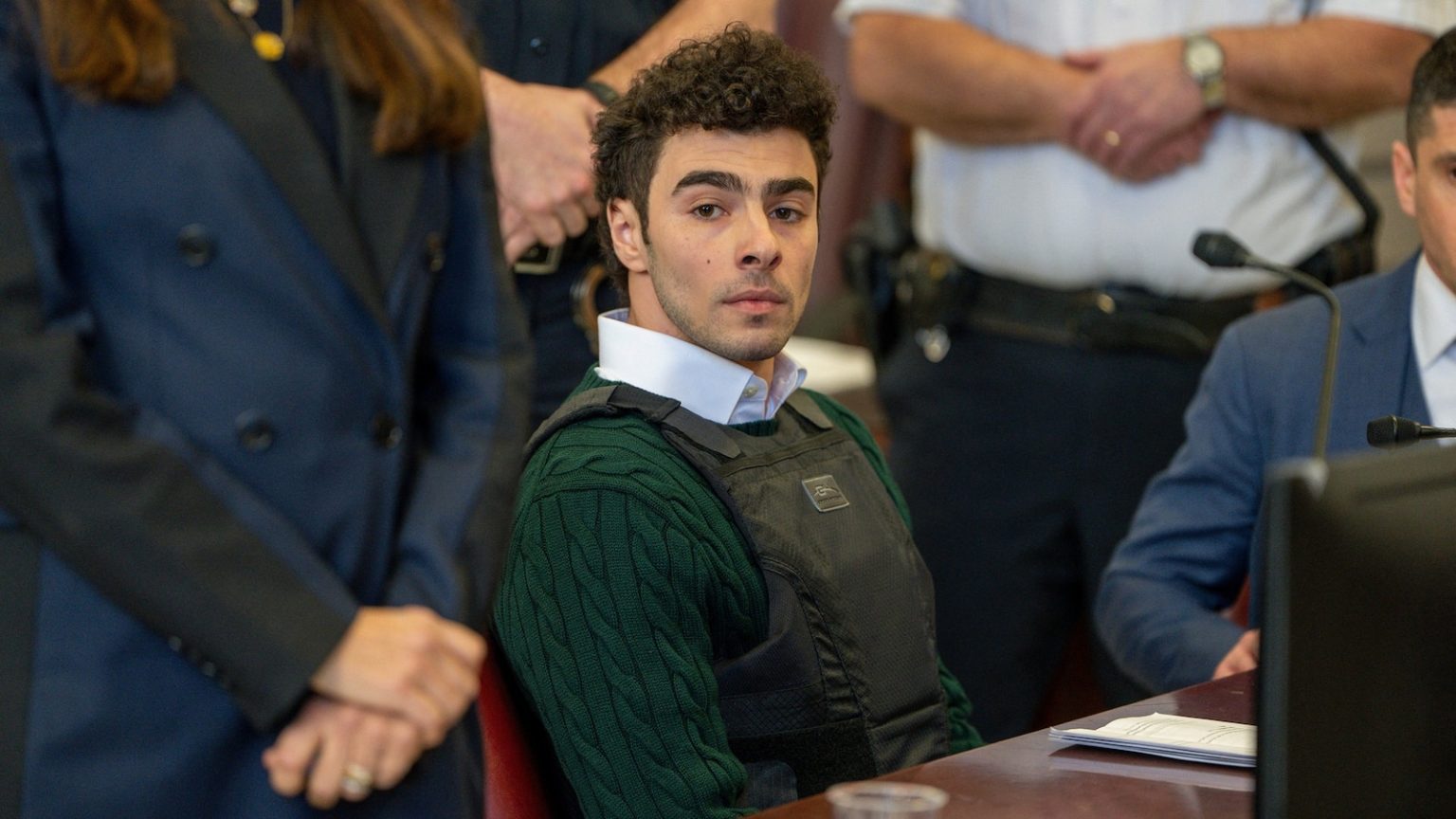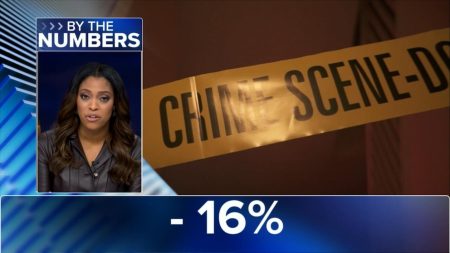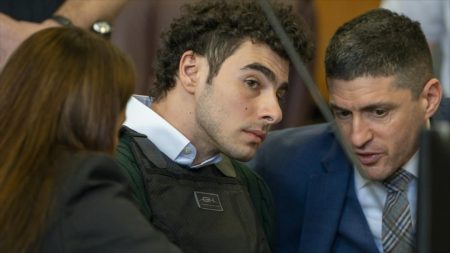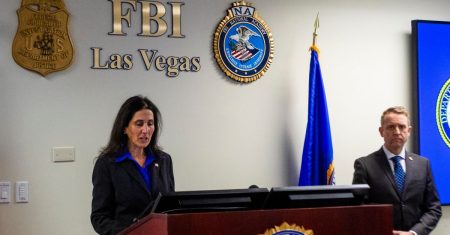Court Appearance and Shackling Debate
Luigi Mangione, the alleged killer of UnitedHealthcare CEO Brian Thompson, made a brief but notable appearance in a New York City courtroom on Friday, February 21, 2025. This marked his first hearing since his arraignment in late December 2024, where he pleaded not guilty to state murder charges, including a terrorism enhancement. Mangione, dressed in a forest green sweater and white collared shirt, appeared in court wearing a bulletproof flak jacket and was shackled at both the wrists and ankles. His attorney, Karen Friedman Agnifilo, requested that the shackles be removed, arguing that they unfairly portrayed her client in a negative light, especially given the high publicity of the case. However, the judge denied the request, citing security concerns as the reason for keeping Mangione restrained. Despite the brief nature of the 40-minute hearing, the proceedings highlighted the contentious nature of the case and the challenges Mangione’s defense team faces.
Evidence Disputes and Prosecutorial Claims
The hearing also brought to light significant disputes over the evidence in the case. Friedman Agnifilo alleged that there were "very serious issues" with the evidence obtained by police in Altoona, Pennsylvania, where Mangione was arrested following a dayslong manhunt. She emphasized that the discovery process had only yielded a "limited" amount of information so far, which she claimed was insufficient for the defense to prepare adequately. Among the evidence already turned over by prosecutors were police body camera footage, NYPD surveillance footage, DNA and ballistics testing results, fingerprints recovered near the crime scene, and cellphone data and phone records. However, Friedman Agnifilo contested the sufficiency of this evidence, suggesting that it barely scratched the surface of what was needed. She also indicated that the defense had identified potential violations of Mangione’s constitutional rights, particularly in how evidence was obtained in Pennsylvania. Friedman Agnifilo hinted at the possibility of seeking to suppress certain evidence due to what she termed a "very, very serious search issue."
Constitutional Rights Violations and Suppression Motions
Mangione’s defense team has formally filed a motion to exclude certain evidence obtained by Altoona police immediately after his arrest. Friedman Agnifilo expressed concerns that her client’s constitutional rights had been violated during the arrest and subsequent search and seizure. She stated that the defense was still reviewing the evidence and would need more time to assess whether these violations warranted the suppression of specific evidence. Additionally, Friedman Agnifilo criticized the prosecution for withholding key materials, such as a journal allegedly belonging to Mangione, which she claimed had been referenced in a recent documentary featuring high-ranking NYPD officials and New York City Mayor Eric Adams. She described the situation as "outrageous," accusing the prosecution of prioritizing public statements over providing the defense with necessary documentation.
Pretrial Publicity and Fair Trial Concerns
The issue of pretrial publicity loomed large over the proceedings. Friedman Agnifilo lambasted the NYPD and Mayor Adams for participating in a documentary that aired earlier in the week. In the documentary, officials discussed "police paperwork" that the defense had not yet received, and an actor was shown portraying Mangione reading from the aforementioned journal. Friedman Agnifilo argued that such actions were prejudicial and undermined Mangione’s ability to receive a fair trial. She accused the officials of using their platform to influence public opinion against her client, describing their actions as a blatant attempt to sway the narrative before the case had even gone to trial. The defense team’s concerns about pretrial publicity were further amplified by the presence of protesters outside the courthouse, some of whom could be heard cheering and chanting during the hearing.
Next Steps and Trial Timeline
The judge set key deadlines for the case, ordering all defense motions to be filed by April 9, with prosecutors required to respond by May 14. The judge also indicated that rulings on these motions could be expected by June 26. However, a trial date has yet to be set. Mangione, who faces state charges that could result in life imprisonment without parole if convicted, remains in custody at a federal detention center in Brooklyn. Additionally, he faces federal charges, including one that could potentially carry the death penalty, though he has not yet been indicted by a federal grand jury. Friedman Agnifilo emphasized the gravity of the federal charges, particularly the possibility of capital punishment, and stressed the importance of receiving all discovery materials before moving forward. Mangione’s next federal court appearance is scheduled for mid-March, adding another layer of complexity to an already multifaceted legal battle.
Broader Implications and Defense Strategy
Mangione’s defense team has vowed to vigorously contest the charges against him, both at the state and federal levels. The case has drawn significant attention due to the high-profile nature of the victim, Brian Thompson, and the alleged premeditated and terroristic nature of the crime. Prosecutors have characterized the shooting as a deliberate act intended to instill fear, while the defense has accused authorities of politicizing the case. Mangione himself has sought to rally support, expressing gratitude to his supporters through a statement on a website launched by his defense team. In the statement, he noted that the support he had received transcended political, racial, and class divisions, with letters arriving from across the country and around the world. Despite the formidable challenges ahead, Mangione’s defense team remains committed to fighting the charges, arguing that the case against him is flawed and that his constitutional rights have been compromised. As the legal proceedings unfold, the case continues to capture the nation’s attention, raising questions about justice, fairness, and the integrity of the legal process.
